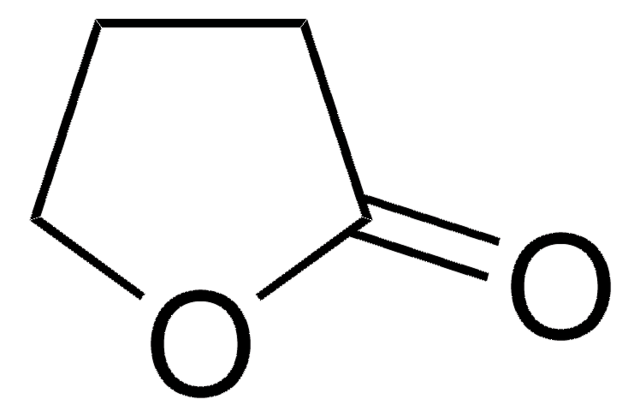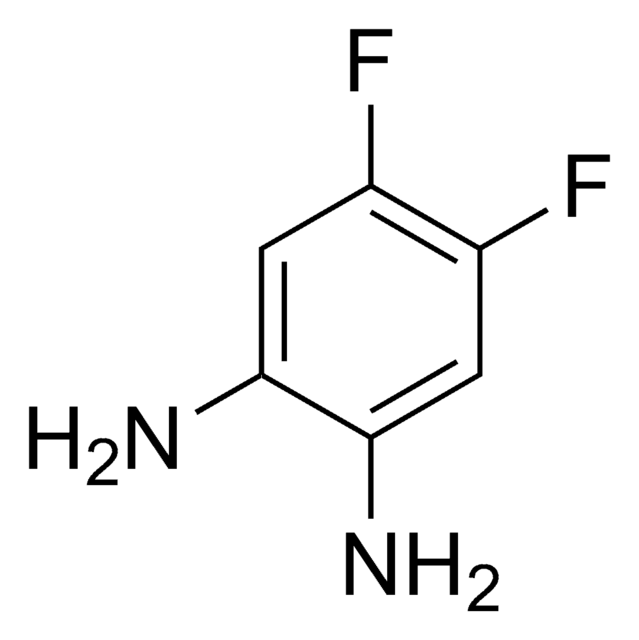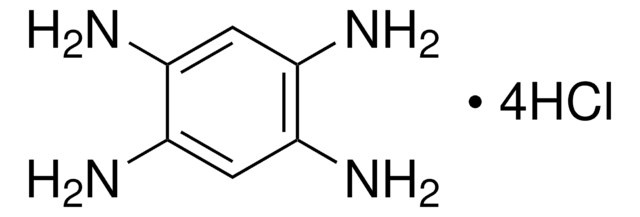240559
1,4-Butanediol
ReagentPlus®, ≥99%
Synonym(s):
1,4-Butylene glycol, Tetramethylene glycol
About This Item
Recommended Products
vapor density
3.1 (vs air)
Quality Level
product line
ReagentPlus®
Assay
≥99%
autoignition temp.
698 °F
refractive index
n20/D 1.445 (lit.)
bp
230 °C (lit.)
mp
16 °C (lit.)
density
1.017 g/mL at 25 °C (lit.)
SMILES string
OCCCCO
InChI
1S/C4H10O2/c5-3-1-2-4-6/h5-6H,1-4H2
InChI key
WERYXYBDKMZEQL-UHFFFAOYSA-N
Looking for similar products? Visit Product Comparison Guide
General description
Application
Legal Information
Signal Word
Warning
Hazard Statements
Precautionary Statements
Hazard Classifications
Acute Tox. 4 Oral - STOT SE 3
Target Organs
Central nervous system
Storage Class Code
10 - Combustible liquids
WGK
WGK 1
Flash Point(F)
273.2 °F - closed cup
Flash Point(C)
134 °C - closed cup
Personal Protective Equipment
Choose from one of the most recent versions:
Already Own This Product?
Find documentation for the products that you have recently purchased in the Document Library.
Protocols
99%; Glycerol, ≥99.5%; Tetraethylene glycol, 99%
Our team of scientists has experience in all areas of research including Life Science, Material Science, Chemical Synthesis, Chromatography, Analytical and many others.
Contact Technical Service









